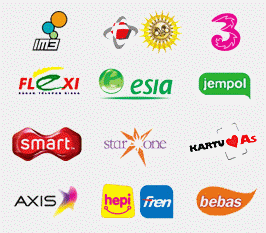Relying solely the safety of your kids while they use the internet to different security softwares you have installed is a complete misinterpretation of what these softwares are all about. You must understand that computer programs designed to keep your kids from accessing certain sites aren't the solution to keep your kids safe. Because believe it or not, your kids can still visit bad sites even if your computer has all sorts of web filtering systems available. How? By disabling it or finding a way to bypass the current security configuration of your computer.
It is important therefore that you get personally involved with the activity of your kids online. Thus, these are the things you should do: (this is not to say, however, that web security software isn't useful; it only says that parents shouldn't use security features from web security software, search engine, and web browsers as alternatives to actual physical presence and proper guidance.)
1. Educate yourself.
Knowing what you are doing ensures that you get the things you want to achieve. This also goes when it comes to the safety of your kids on the internet. Make sure that you know what you are taking about so that they will understand what you are saying and in turn, will yield to the result you are expecting.
You can't simply tell them "do this and don't do that" without knowing why. So, learn the internet, understand the threat, know where threats can come from, learn the language your kids use online, and go to number 2.
2. Teach.
Teach your kids how to safely use the internet. Here are some of those:
• Follow specific guidelines on the proper use of the internet.
• Never give personal information to other people they meet online.
• Never visit bad sites.
• Never use real name online.
• Never become an online bully.
• Never open spam mails. Never download attachments from unknown senders.
• Tell parents right away if they feel uncomfortable with someone or something they encounter online.
3. Remind
Sometimes, it isn't enough to teach your kids what they should do and what they shouldn't in one sitting. You need to keep on reminding them about it all the time. The effective way to do it though isn't through constant verbal approach but through the paper. Make a list of the things that your kids should and shouldn't do while using the internet. This will stand as the rules. Post it near the computer where they can easily see it.
Read More..





















